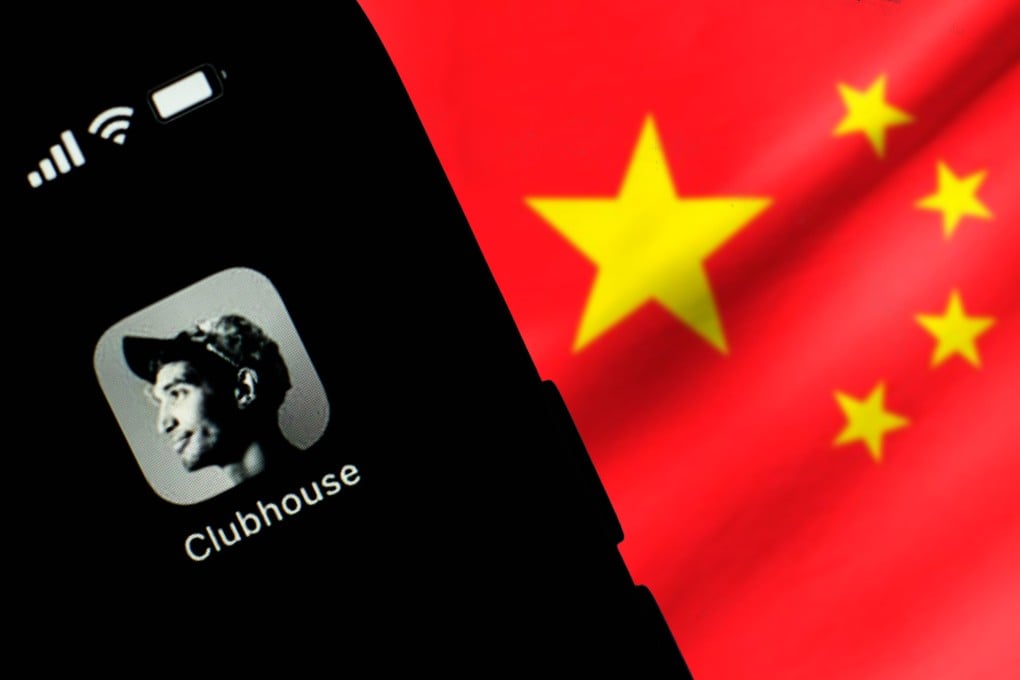Advertisement
Opinion | Why the Clubhouse app is so popular despite its security risks
- The app’s popularity reflects our burning desire to communicate and connect in a pandemic despite the emerging data risks
- It is, in essence, a social experiment on how to responsibly exercise our freedom of speech, and there’s much more to it than just hardcore politics
Reading Time:4 minutes
Why you can trust SCMP
2

A familiar tune playing on my smartphone caught me by surprise as I joined a Clubhouse chat room. It was Hei Foon Nei ([The Way I] Like You), a famous song by the legendary Hong Kong rock band Beyond.
One of the speakers, a young woman, said she had never heard of the song or the band before until she saw singer-songwriter Gloria Tang Tsz-kei, better known by her stage name G.E.M., perform a cover version of the song in a Chinese talent show in 2014. It inspired her to look up Beyond’s music and she has been a fan since.
Nothing extraordinary about a trip down memory lane – but it is truly astounding that this conversation was conducted in Mandarin, as music fans from mainland China shared their passionate stories about not just Beyond but other Hong Kong bands such as Tat Ming Pair and Tai Chi.
Listening to them speak, live, on this audio drop-in social media app, about their experiences with the music I grew up with was enlightening. The language and cultural barriers were lifted for a fleeting moment. Our shared pop music memories suggested that we might not be that different after all.
This was just one of the many beautiful moments I experienced on this invite-only social media app that has quickly become a sensation in this part of the world. The app recently made headlines after it was blocked in mainland China following discussions of political topics during a brief window of free speech. But there is a lot more to this app than hardcore politics.
It is a social experiment that tests our boundaries and how to tread the fine line between freedom and restrictions as we embrace an era of technological innovation, humanitarianism and digital surveillance.
Advertisement
